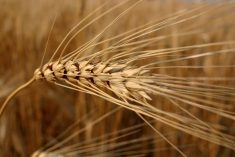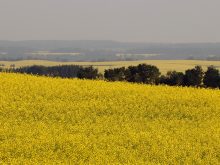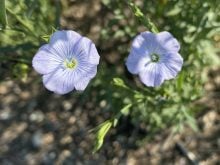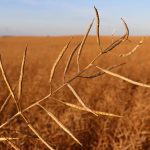Agricore United is guaranteeing farmers they will get a crop and a good financial return if they sow the company’s new wheat variety, Proven 5602HR.
In exchange for the guarantee, farmers must buy their inputs from Agricore United and market their crop through the company.
It’s a fair tradeoff, said George Prosk, AU’s vice-president for financial markets.
“If you do all this business with us, we can share the risk with you,” Prosk said in an interview during the AU annual meeting.
The company’s PRisM program – Production Risk Management – will be introduced this spring, but it will only be offered to about 625 farmers with a total 100,000 acres this year.
Read Also
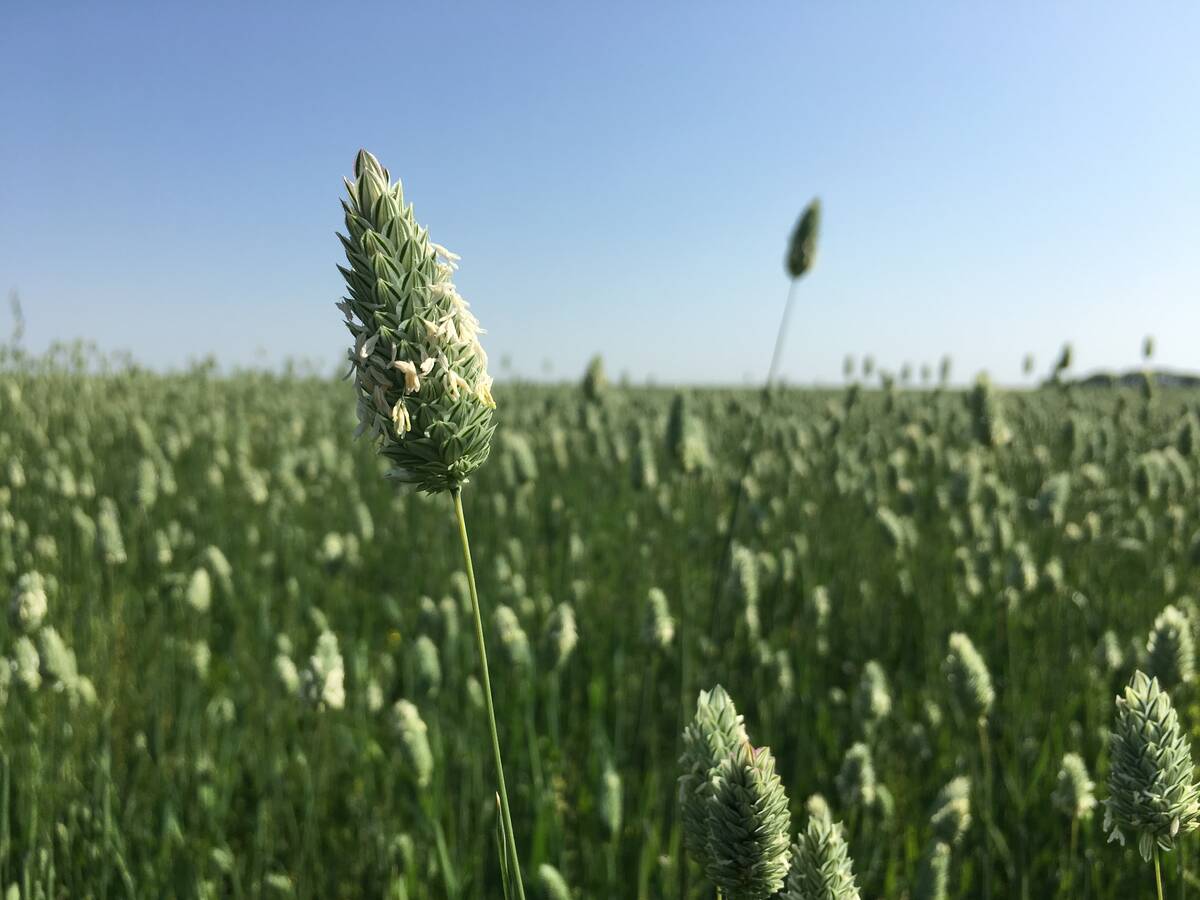
No special crop fireworks expected
farmers should not expect fireworks in the special crops market due to ample supplies.
Prosk said the program, in combination with crop insurance, would guarantee participants a good, average return with Proven 5602HR, a new hard red spring wheat variety.
PRisM offers the farmer additional risk management and AU gets guaranteed business from the farmer.
“We’re providing all the inputs for the acres under the program, and in return we’re providing effectively this guarantee on the cost of those inputs relative to the yield,” said Prosk.
The program works like this. A farmer contracts 160 acres to the AU program, promising to buy his inputs, follow AU’s agronomic advice and ship his grain through the company. AU supplies the farmer with treated 5602HR seed, fertilizer, Syngenta’s new Axial herbicide and other crop protection products and advice.
The farmer must sign up for crop insurance, taking at least 50 percent coverage.
The insurance provides a base line value for the crop.
The AU guarantee provides additional protection by covering a portion of the input costs if the crop fails to reach a so-called “strike yield,” which is the average yield used for crop insurance purposes.
If the crop yields less than the strike yield, the input bill is reduced by the amount it falls short down to the crop insurance trigger level, with a maximum 30 percent coverage by AU.
For example, if the crop yields 80 percent of the strike yield, the input bill will be reduced by 20 percent. But if the crop yields only 40 percent of the strike yield, and has 70 percent crop insurance, then 30 percent of the price of the inputs will be reduced. The maximum input cost reduction is 30 percent, which combined with 70 percent crop insurance should cover 100 percent of the crop’s input costs.
Prosk said he doesn’t know how many farmers are willing to tie all of their production inputs and services to one company.
AU will find out this year whether this form of risk management can be expanded.
“We’re finding a way to cut off those big valleys, some of those big losses, in bad years,” said Prosk.
“We’ll do it so long as the producer is doing his business with us.”
Prosk said the 5602HR variety will likely be popular in Manitoba because it has high fusarium resistance, but AU is making sure that the 100,000 acres in the PRisM program are spread relatively evenly across Western Canada to minimize AU’s risks from weather problems.
Prosk said he doesn’t know of any other Canadian or American grain companies offering a similar program.
AU can do it because it is a highly diversified company, he added.
“We have all the pieces in the value chain,” said Prosk.





